
Our core strength are coffees with distinct notes of terroir and exciting cup profiles. Single farm partnership coffees offering a taste journey throughout the best coffee regions and some of the most skilful coffee producer on this planet.
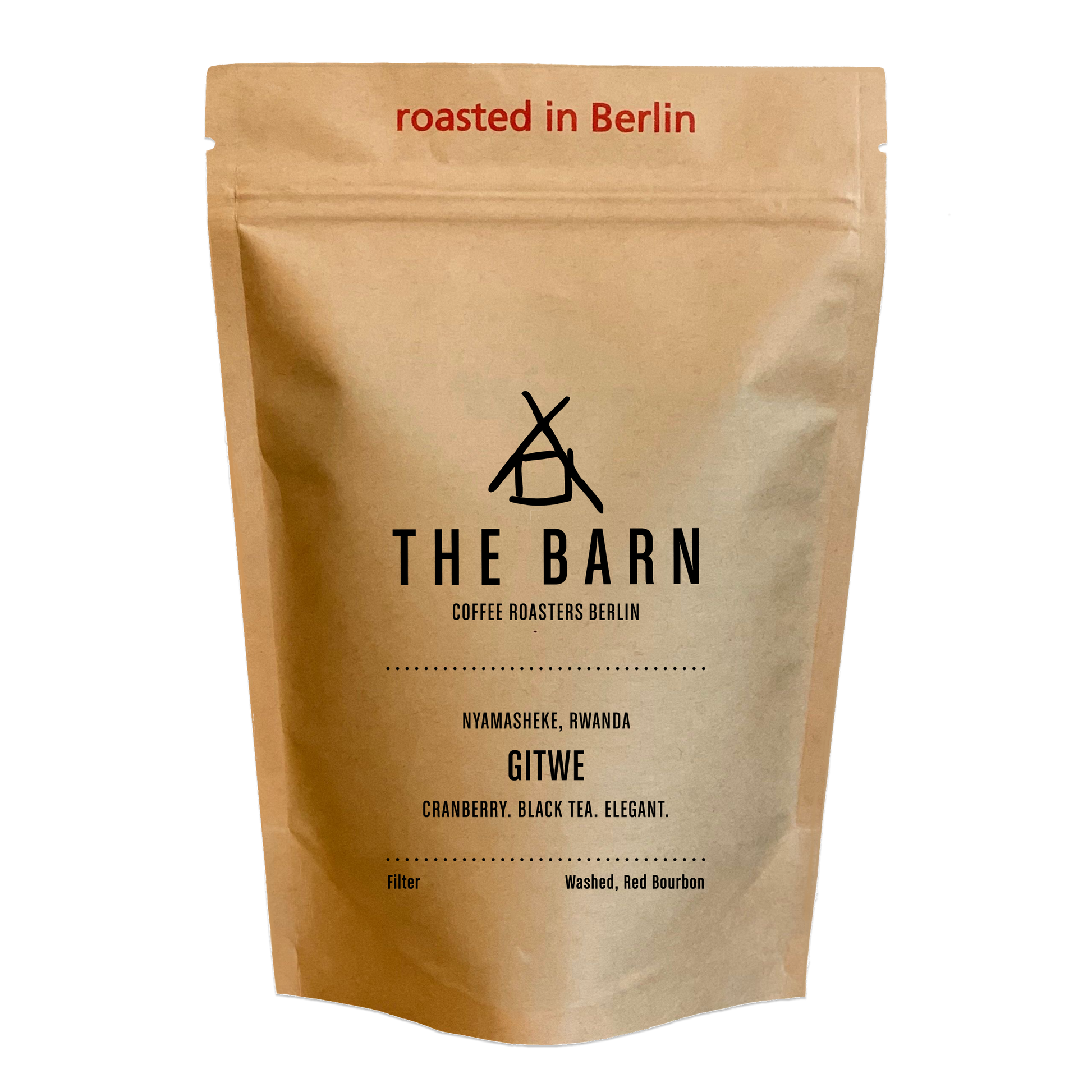
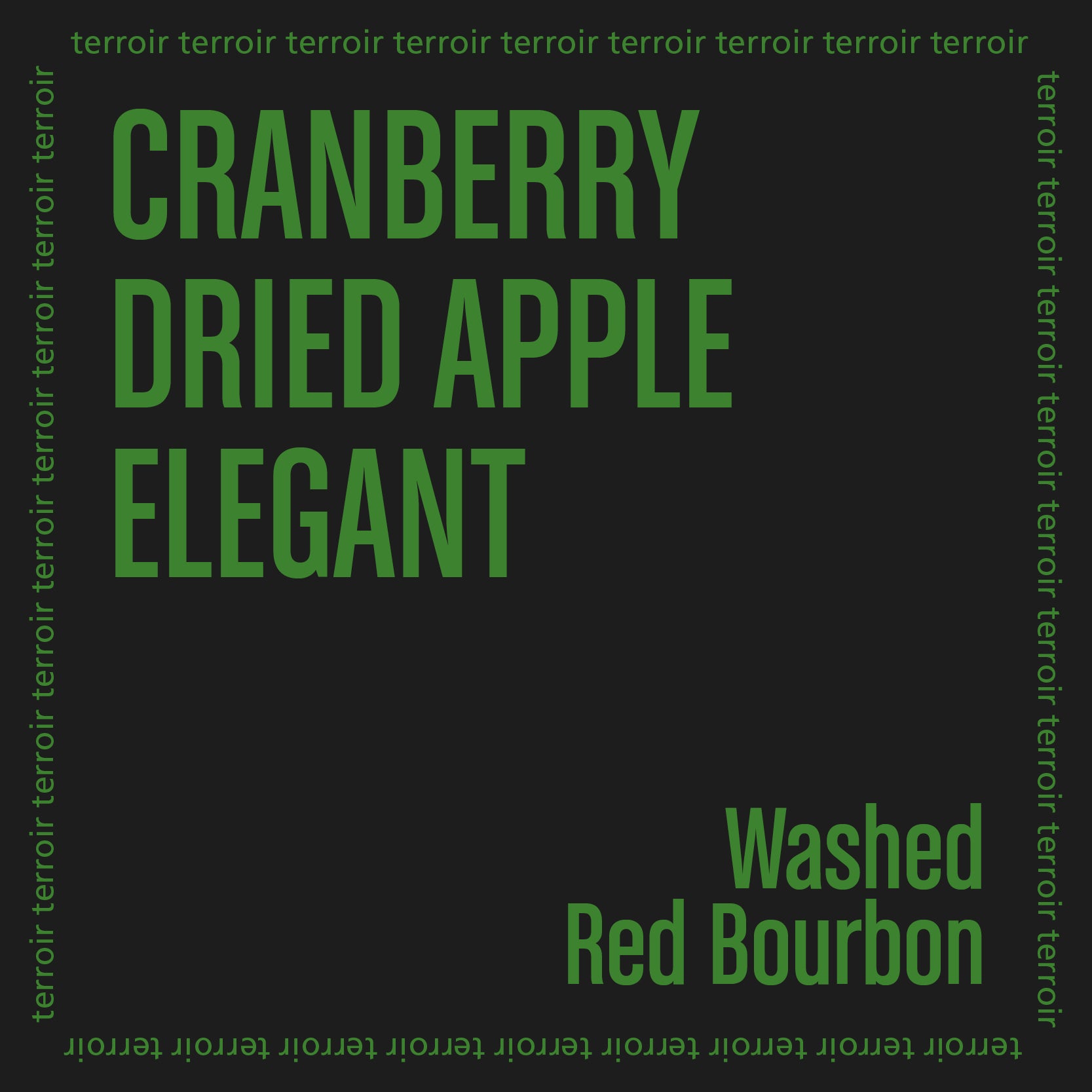
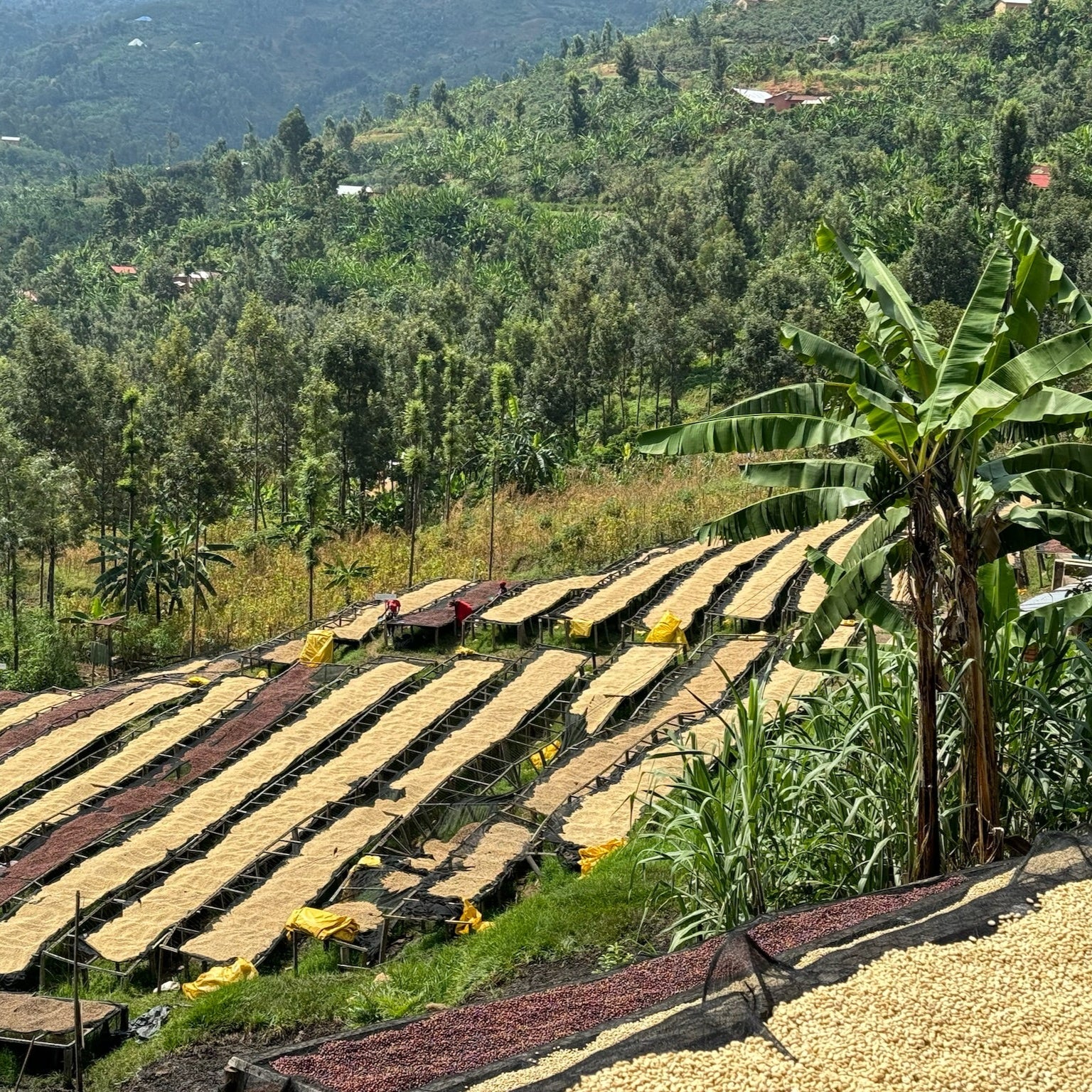
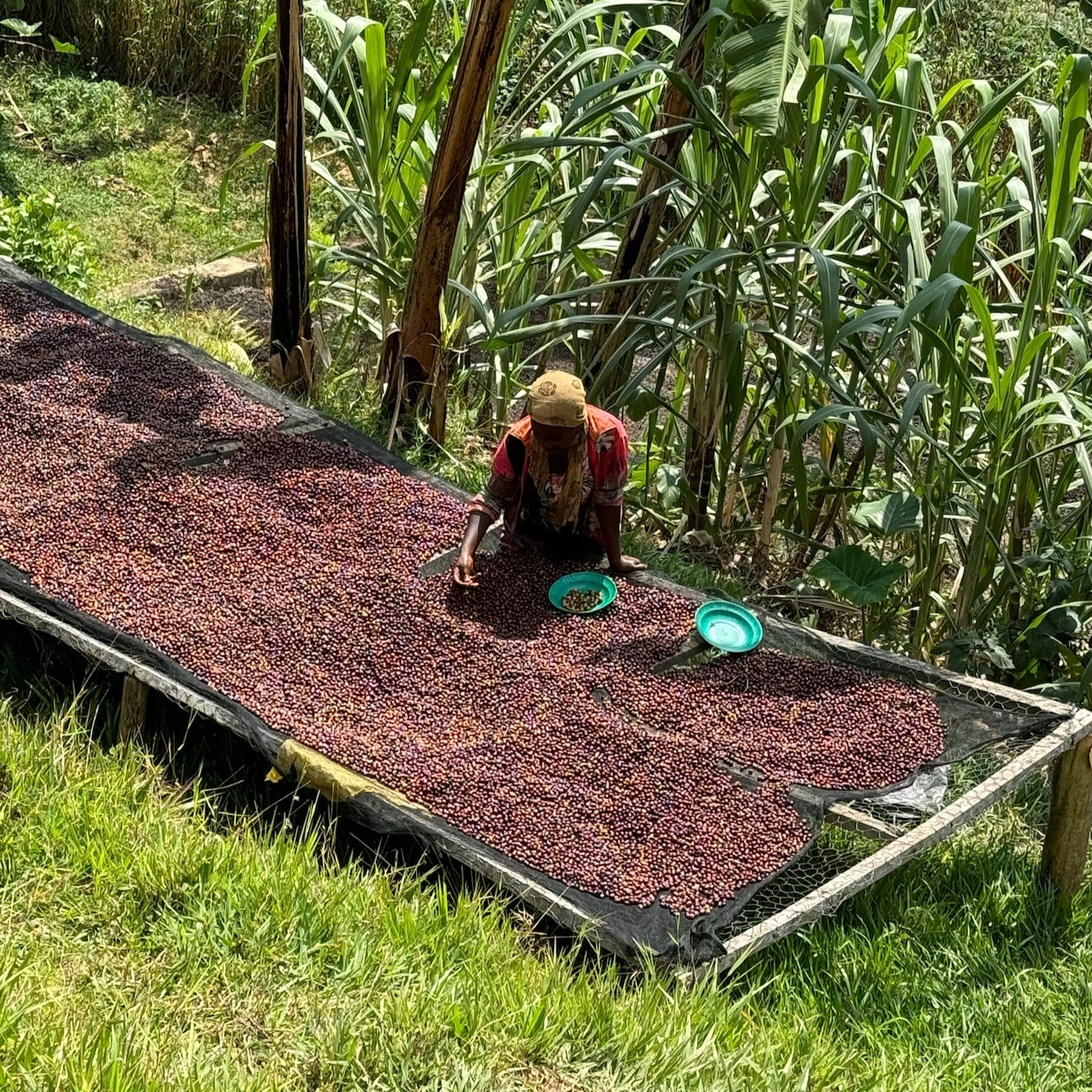
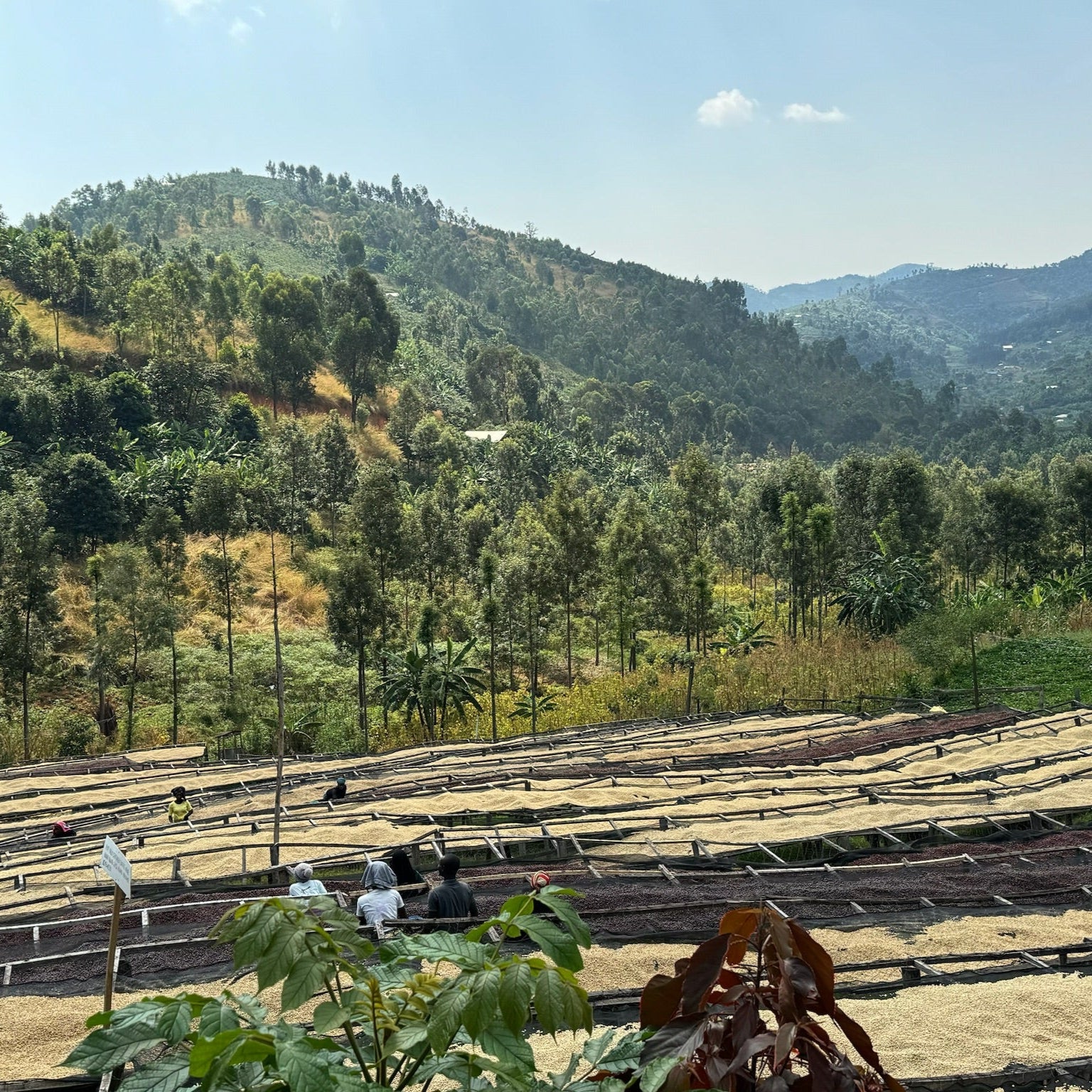
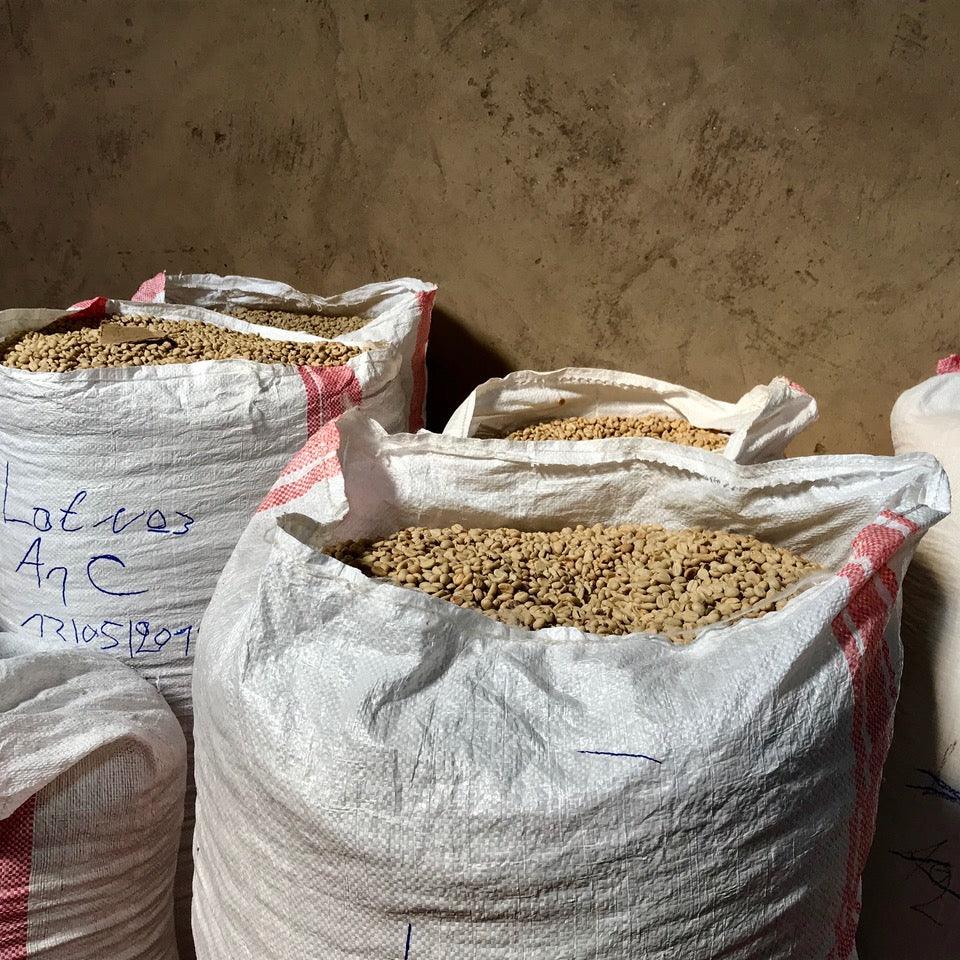
Cranberry. Dried Apple.
Between the emerald waters of Lake Kivu and the lush forest of Nyungwe National Park lies the Gitwe washing station. This fully washed lot offers elegance and clarity. Expect juicy berries and fragrant black tea.
We are Roaster of the Year 2025 — by Crema Magazine
Free shipping for orders over 44 €
Delivery 1 to 3 days in 🇩🇪
Out of stock
Producer:
Origin:
Altitude:
Body:
Sweetness:
Acidity:
Varietal:
Process:
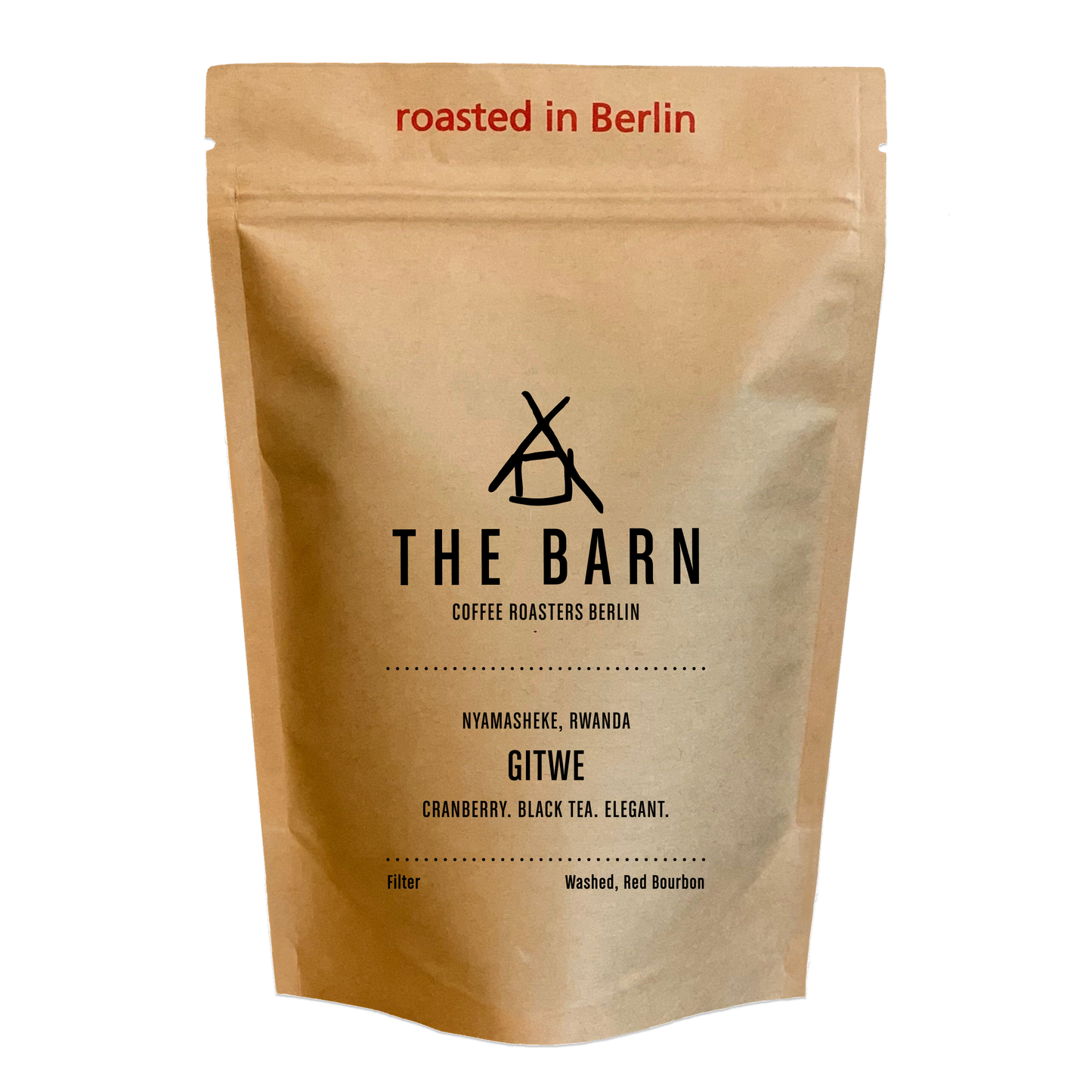
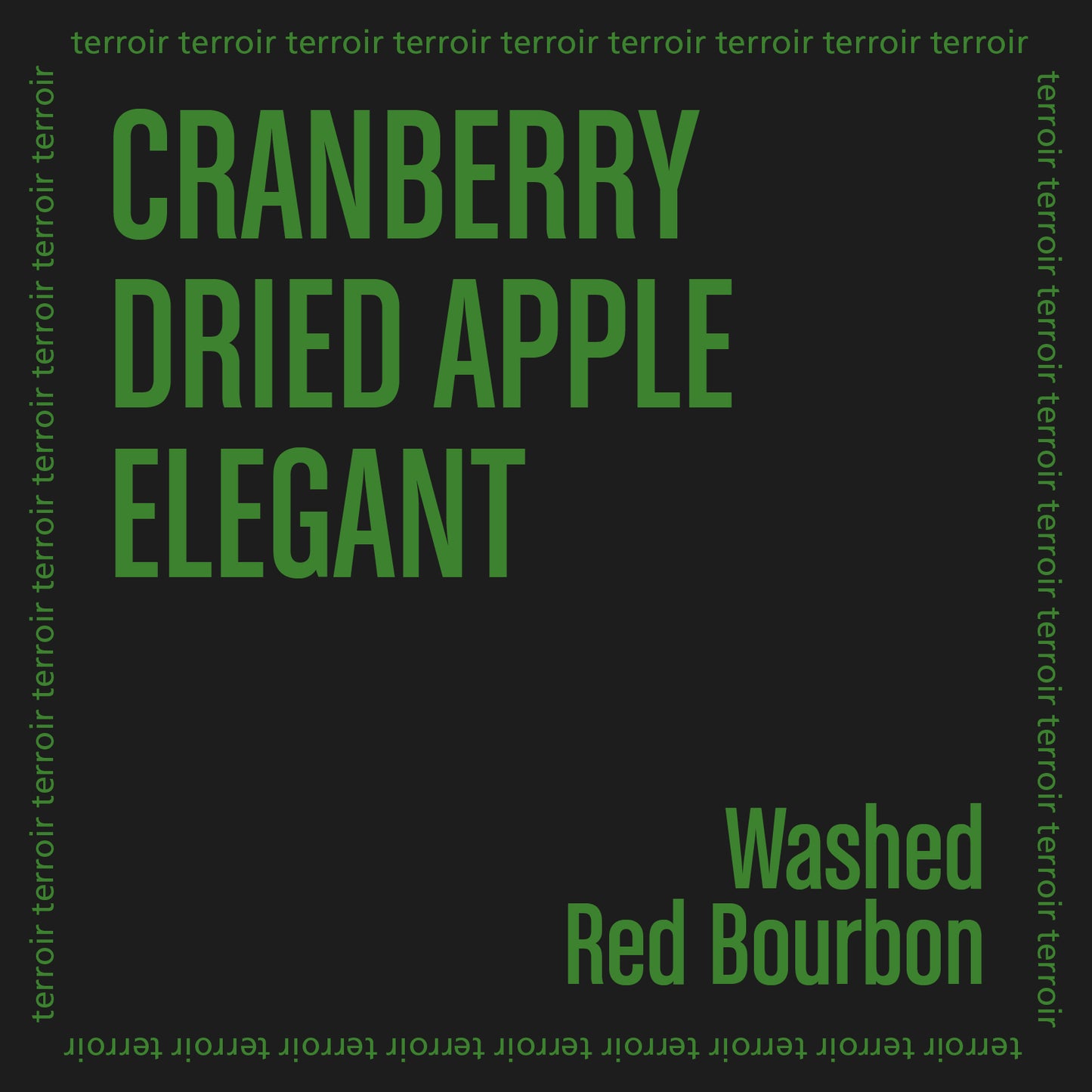
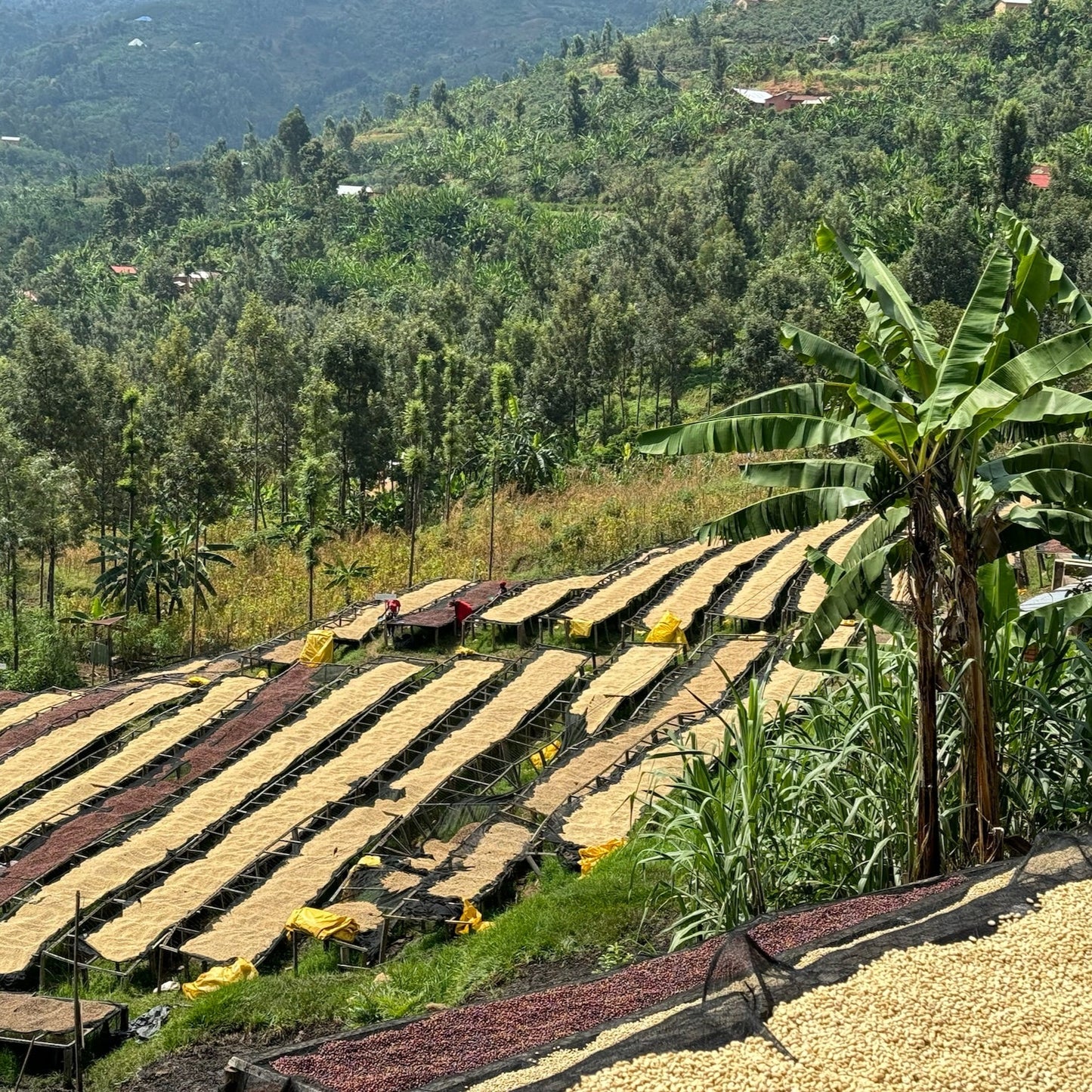
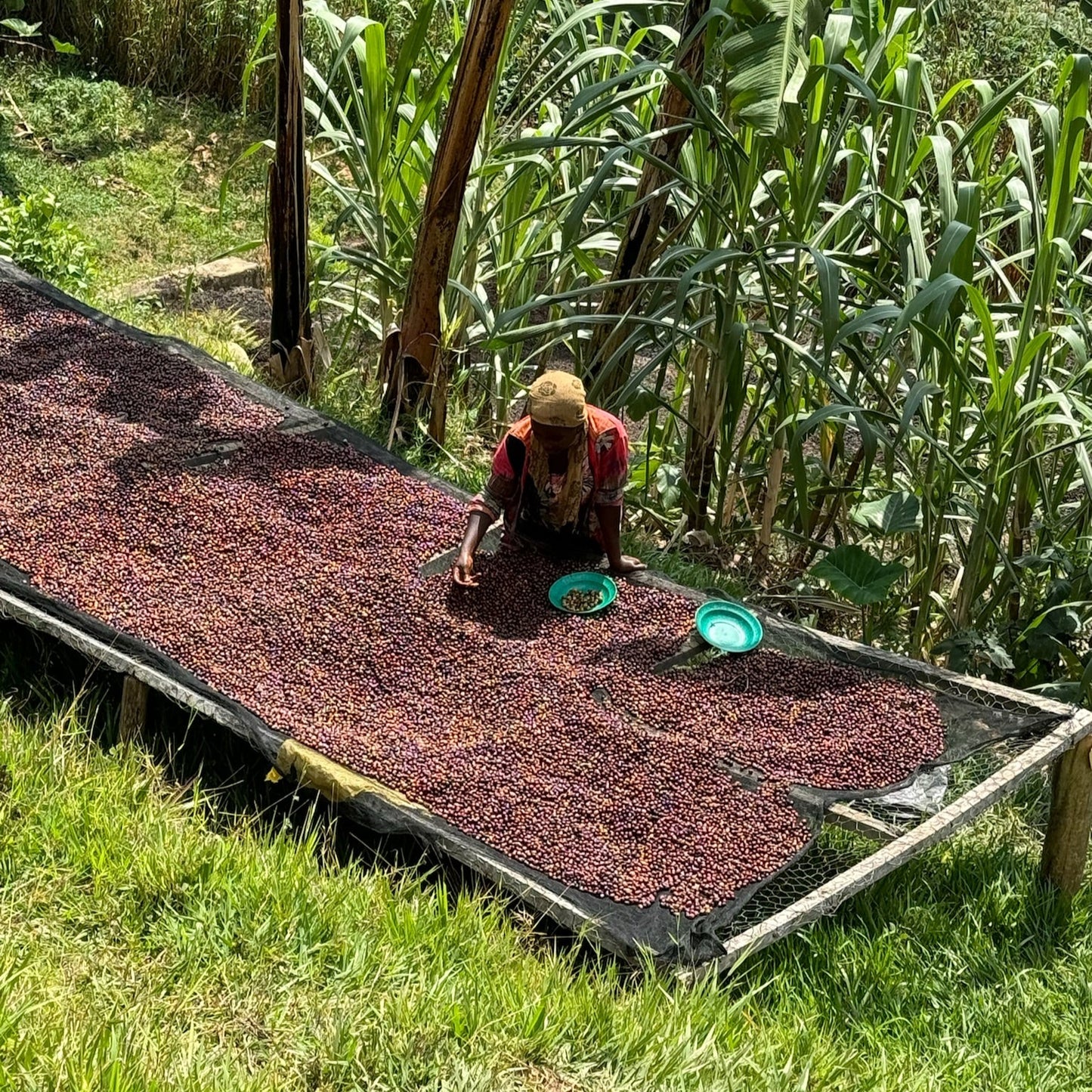
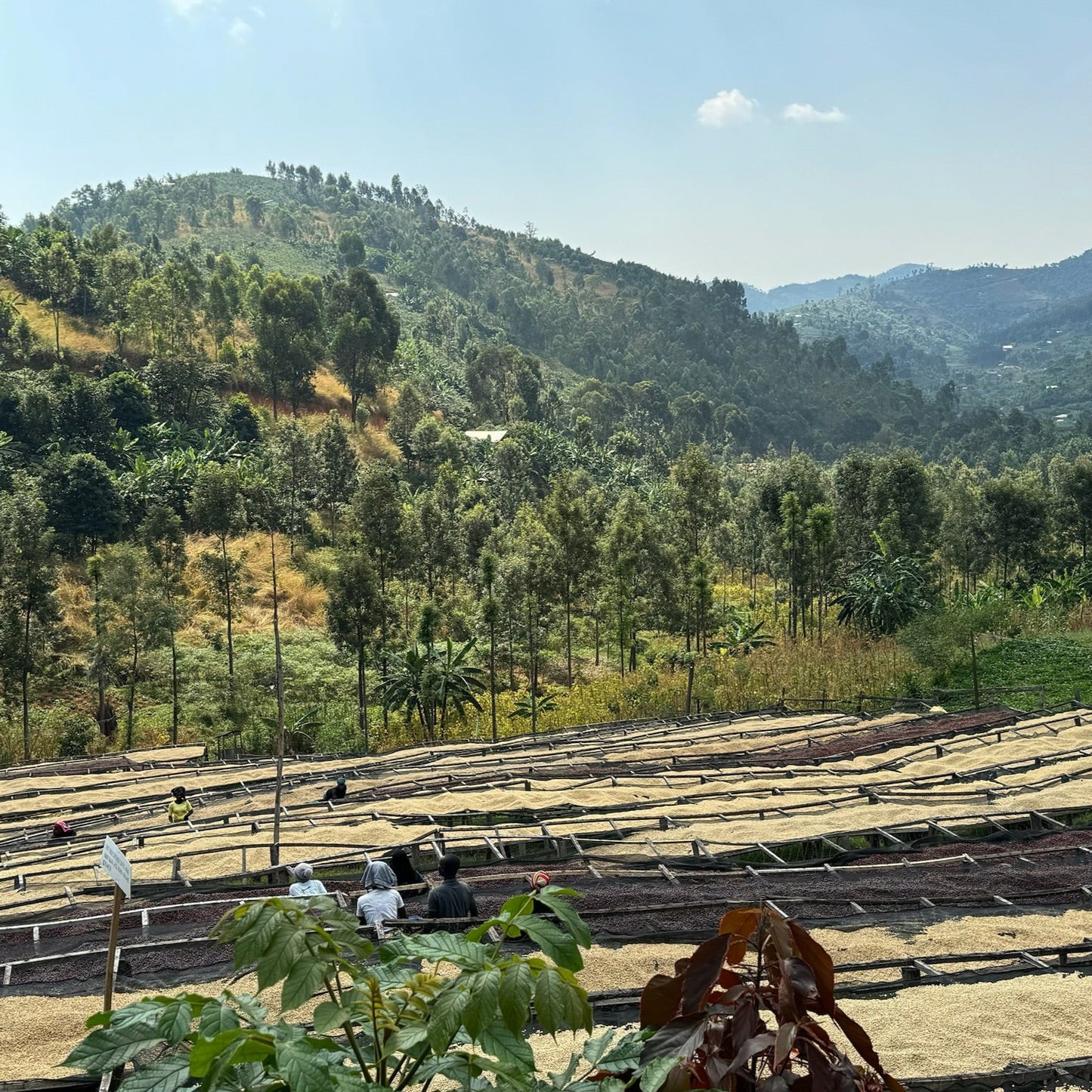
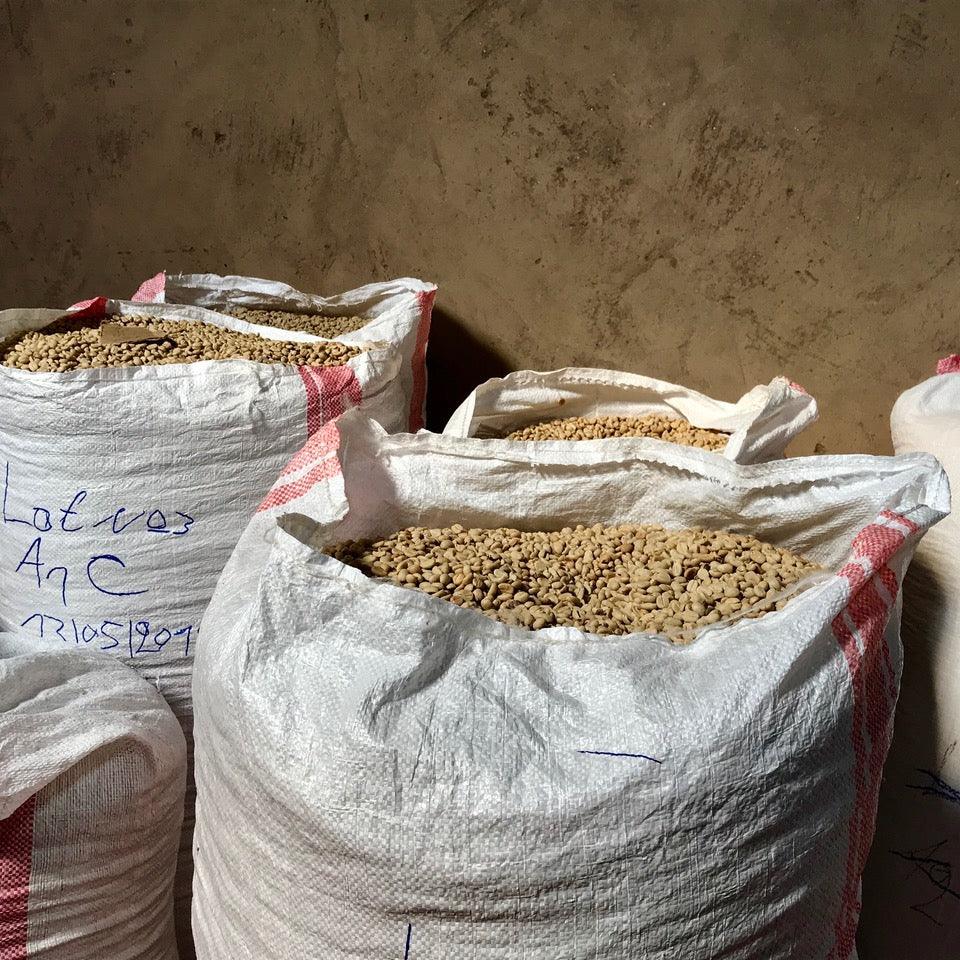
We love the coffees from Gitwe for their complex, elegant profiles. Expect complex flavour from juicy cranberry to sweet dried apple. Fragrant notes of black tea and fine acidity are beautifully balanced.
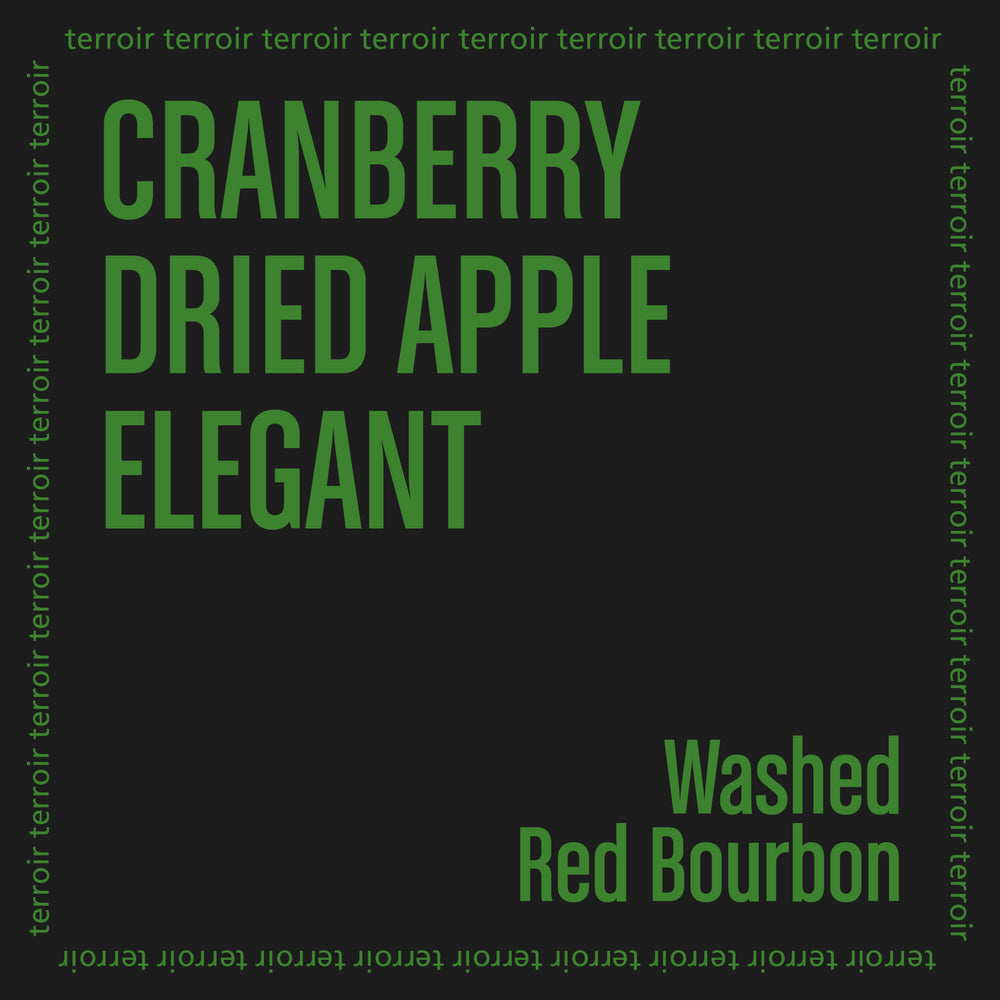
Gitwe is a young washing station, founded in 2016 near the town of Gatare in the Western Province of Rwanda. The high elevation and nutritious soil of the area offer great growing conditions, supporting numerous coffee growers as well as farms that specialise in tea, fruit, and vegetables.
It was bought by the Rwanda Trading Company (RTC) in 2018 and they have continued to invest in the project, providing training and support to over 800 farmers. RTC have been key in elevating specialty coffee qualities in Rwanda over the past ten years, operating 18 washing stations across the country and offering agronomy training, seedlings, technology and finance to their coffee growers.
The result of their work and our partnership is that we are able to bring you the best coffee that Rwanda has to offer.
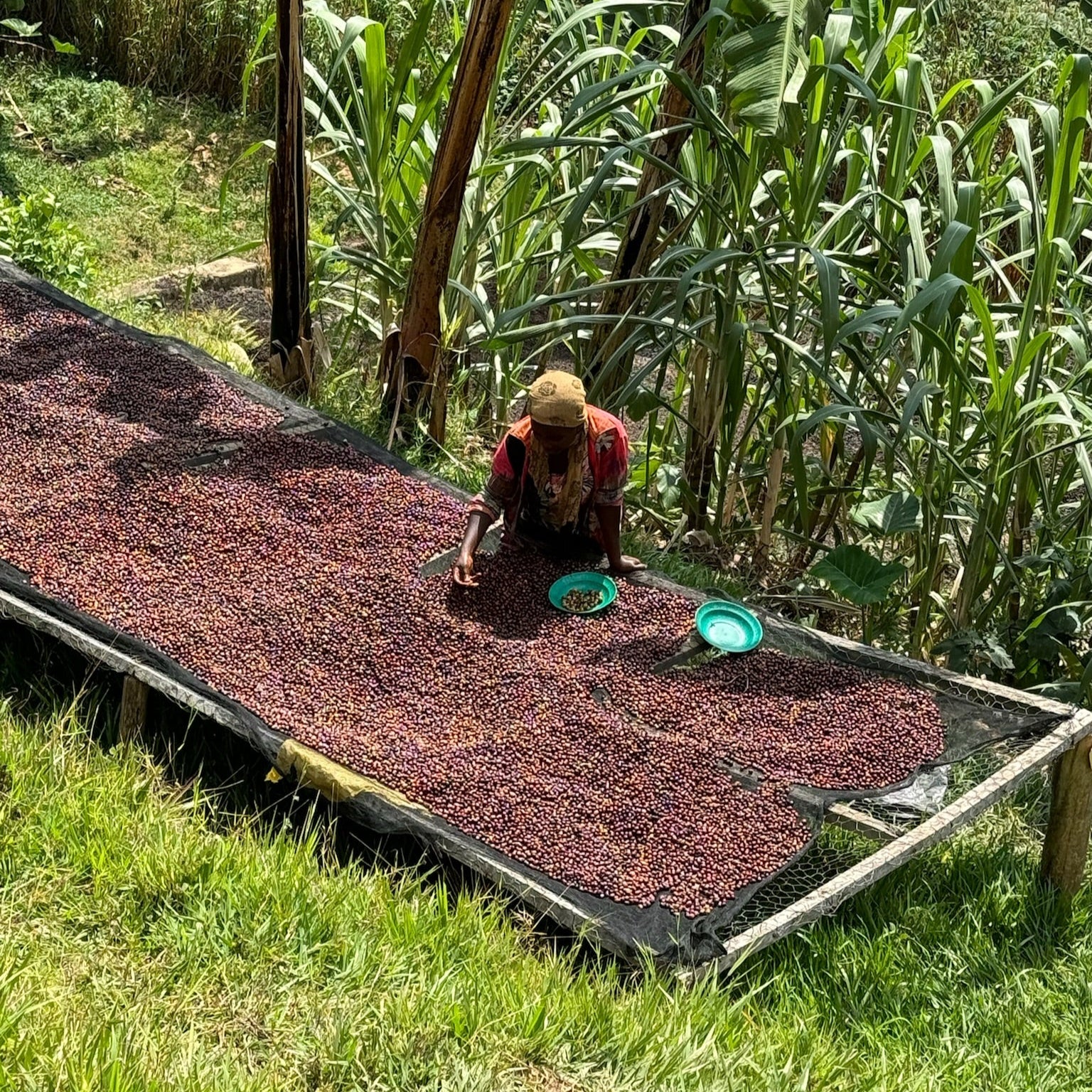
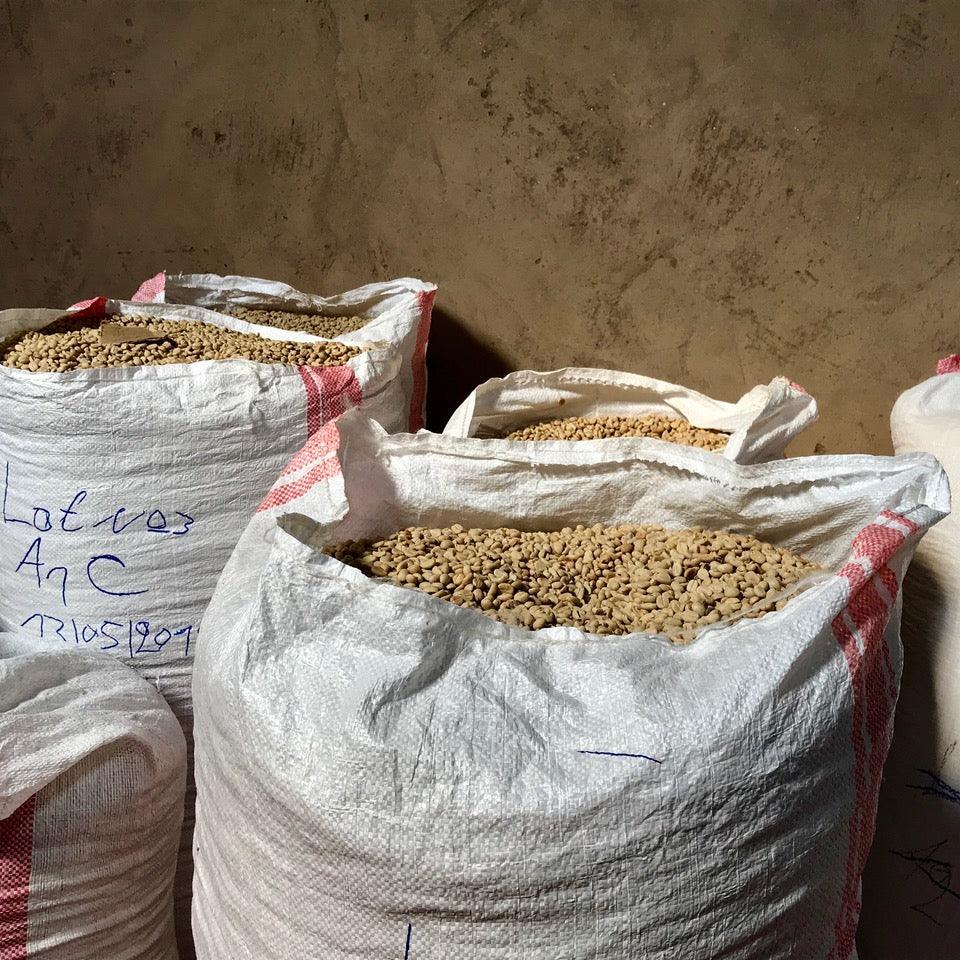
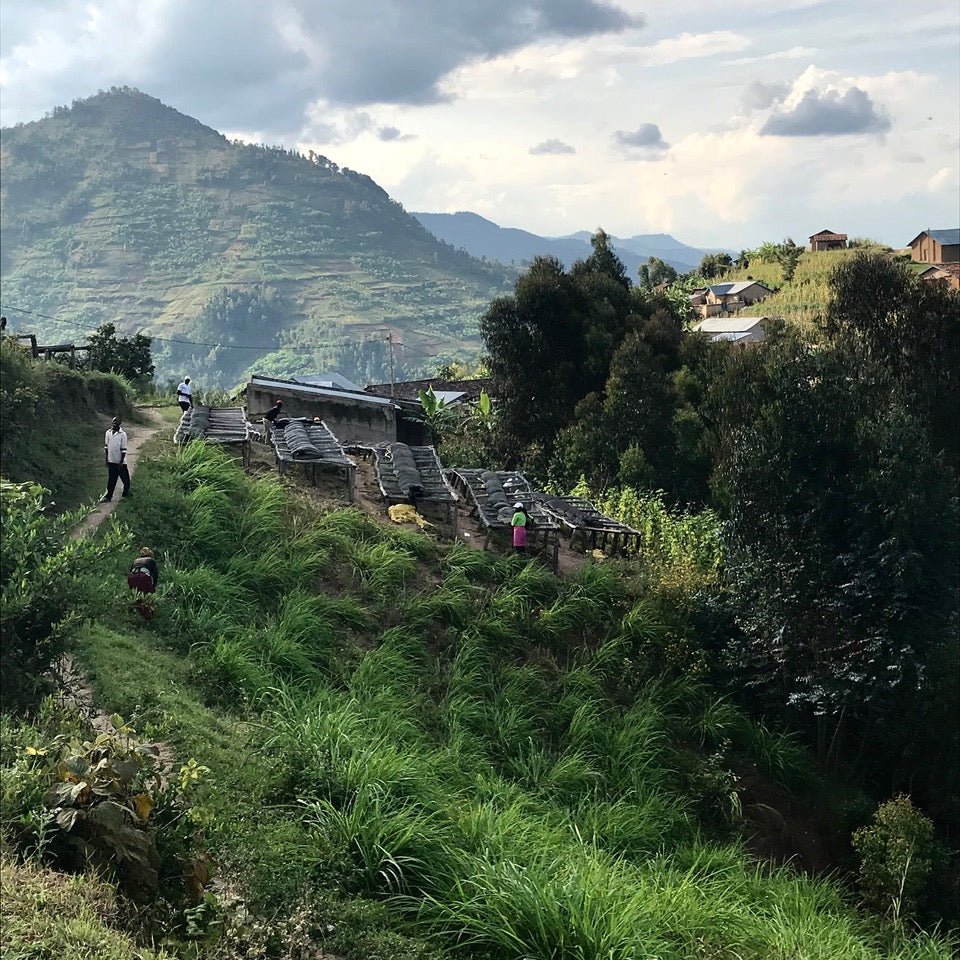
RTC took over Gitwe with the hope of showcasing clean processing in Rwanda, using natural spring water from the land. Cherries delivered to Gitwe are sorted in tanks to remove any defective coffee cherries, then depulped to remove the skin, pulp, and 70% of the mucilage. The beans are then fermented, washed in channels, and soaked in clean water before drying for up to 15 days.
Excellent Barn Standard - more on the lighter side but well rounded cup. I use a Kalita Wave set up and it always came out great.
I like it both as black coffee and with milk and it entirely fulfilled my (high) expectations.
With the aeropress I am getting awesome results.
This coffee gave me a clean, sweet, round cup that brewed reliably well and steady! A true delight.
It is coffee. I like coffee.

Join our newsletter today and enjoy early access to limited coffee drops and other perks.
Having trouble entering your email? Click here.